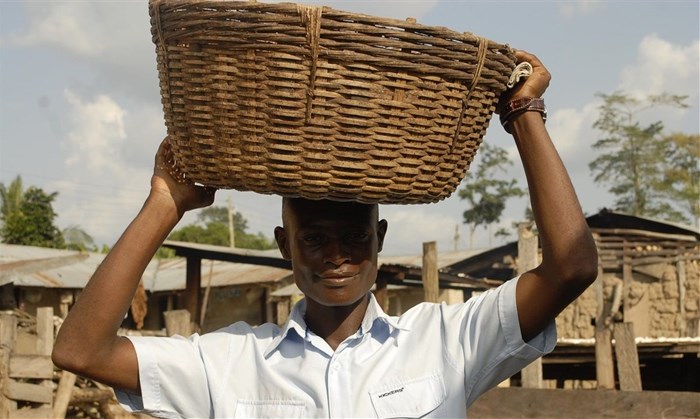The South African Confederation of Agriculture Unions (SACAU) recently held its annual conference in Victoria Falls. Themed Trade as a driver for agricultural transformation in southern Africa, the conference attracted over 100 delegates from across Africa.
Opened by the President of the Republic of Zimbabwe, Emmerson D. Mnangagwa, the conference saw leadership of national farmers’ unions and associations from most southern African countries present, as well as the government of Zimbabwe, representatives of intergovernmental agencies, international development agencies, the private sector, research and development agencies and trade experts.
Addressing the conference, Mnangagwa called for African governments to invest in agriculture, against the background that the continent is spending too much on food imports annually. "It is regrettable that African countries spend between $30bn and $50bn annually on imports of agricultural products, instead of developing the productive capacities necessary for trade. This reality gives greater impetus for us all; governments, unions, farmers and the private sector alike, to invest in agriculture to produce for our own needs within the continent as well as for export outside of Africa."
On a related matter, the conference heard that the continent was importing basic food which it was capable of producing itself.
Transforming the agricultural sector
Sinare Sinare, the vice president of SACAU, noted, with concern, that developing countries have reduced themselves to suppliers of cheap raw materials and consumers of imported processed or manufactured products. "This is tantamount to exporting jobs, income, and wealth."
Ishmael Sunga, the CEO of SACAU, observed that while trade was a critical link between markets and production, its performance in transforming the agricultural sector in southern Africa had been less than satisfactory. "In fact, Africa’s share of global trade is less than 2%. The high import bill and low share in global trade means that there is significant scope for a trade-driven agricultural transformation."
Following rich presentations, panel discussions and plenary sessions, the conference agreed on a number of several key messages covering critical areas such as production and productivity, trade agreements and related processes, unfair trade practices, market access, standards, policies, capacity development, and the essentials for a trade-driven agricultural transformation agenda.



































